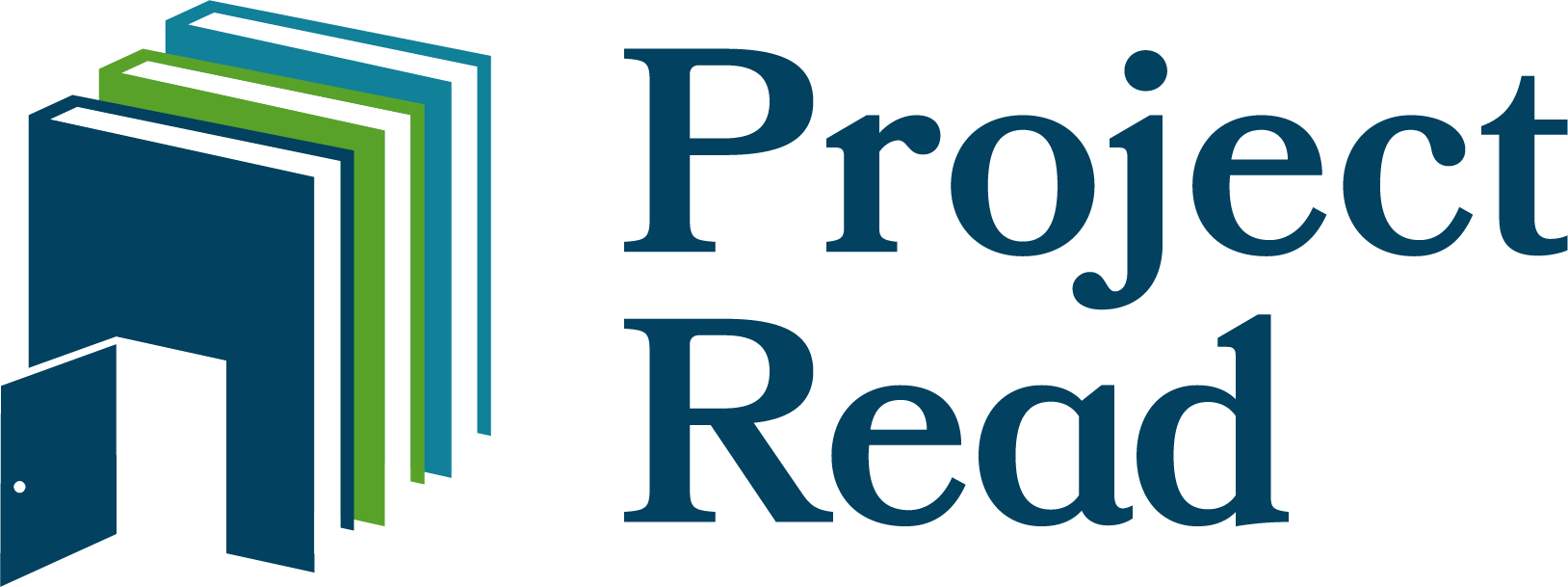Nearly 8% of adults in Utah County are illiterate. That’s about 1 in 12.
How do I tell if one of my clients is illiterate?
- Do they ask you to fill out forms for them, or make a lot of mistakes when they fill them out themselves?
- Do they bring a friend to help with the forms?
- Do they take forms home to fill out?
- Do they make excuses for not reading brochures or written explanations of services: “I forgot my glasses.” “I have a headache.” or “I don’t have time”?
- Do they repeatedly ask you to explain what they have just read?
- Do their eyes fail to move left to right while “reading”?
- Do they fail to respond to mailed notices, bills, etc.?
- Do they ask you to call rather than mail information to them?
- Do they continuously forget appointments?
- Do they turn down opportunities that require reading and/or writing?
How do I bring up the subject of reading with someone I think is illiterate?
Most adults who are illiterate feel a lot of shame and embarrassment about their struggles with reading and writing. They develop coping methods to hide their challenges, and many feel that they will never be able to change. The best thing you can do when talking to someone about illiteracy is to be understanding and encouraging. No one ever chooses to become illiterate, and illiteracy is rarely a reflection of intelligence.
1. It's never too late to finish (or begin)
Adult Education programs across the state have welcomed learners of all ages. You aren't the only one out there that needs to learn English, earn a high school diploma, or refresh your reading, writing, or math skills. If you're feeling like now is the right time, don't wait to contact a program to find out what the next steps are.
2. Set clear goals
It's important to have something to strive for — whether it's a promotion at work, a bachelor's degree, or getting good grades each semester. Whatever your goals are, keep them realistic, write them down as a reminder, and celebrate when you reach them.
3. Put your learning first
Balancing work, life, and learning is always a concern for adult learners. Be prepared to make short-term adjustments to your lifestyle in order to reach your goals. Identify commitments that can. be dropped temporarily while completing your education. Adjust your schedule to allow enough time for classes (don't forget to include travel and study time). Find a place you can study that is free of distractions. Get the most out of this opportunity by being fully engaged during class and completing your assignments to the best of your ability.
4. Don't let the big picture stress you out
Life may get crazy while you're going to school, and it's likely you may experience major life events during this time. Keep in mind the reasons you decided to go back to school and remember that you won't regret completing your education. Break schoolwork into small pieces, which feel more manageable. Focus on the long-term benefits of completing your education instead of the short-term obstacles that are sure to appear.
5. Create a support system
Going to school is a big commitment. Tell your family and friends about your decision to go to school and ask for their support. Reach out to classmates for support as well. Join a study group or just exchange contact information so you can catch up on notes if you miss a class. Getting together with classmates to study or share notes helps reinforce your learning. Expressing concerns about assignments and exam results with classmates can reduce anxiety.
6. Give school another chance
Your previous experiences with school may not have been great, but you're not the same person and you won't be attending the same school. Approach this new experience with an open mind and be confident that you can succeed. Adult educators have experience with all sorts of learners and can individualize your experience to meet your needs.
7. Don't let technology get you down
Technology plays a major part in our lives, so use technology to your advantage when you're learning. Work with your educators to make sure you know how to log-in to your school's network and access the school's programs from home. Make contingency plans just in case something happens such as, what if the internet goes down? What if my computer stops working? Explore online learning, as it offers optimal flexibility for adult learners, but be quick to identify whether online learning is working for you. Sometimes online learning requires adjustments in order to find success. Some adjustments might be repeating sessions to make sure you understand the content, taking notes, or creating expectations for your progress in the course.
8. Don't be afraid to as questions
Whether you take an online or face-to-face class, take advantage of opportunities to interact with educators and classmates to boost your learning. Explore topics that interest you outside of class, ask questions, and read beyond assignments. Remember you can always get help when you need it. Be quick to ask your teachers or classmates for help when struggling.
9. Stay organized
Managing family life and a job on top of school can be a challenge for anyone. The key to success is staying organized so you can make sure the most important tasks are done first and switch between tasks easily. Create a plan for success by learning how to take better notes, engage with the material in a more productive way, quickly determine the basic idea of a text, and scan for more detailed information.
10. Take advantage of available resources
When faced with a challenging issue, don't be afraid to reach out to adult education staff. They likely will know about community resources that can help you succeed as a learner, including help with transportation, childcare, and other needed services.

